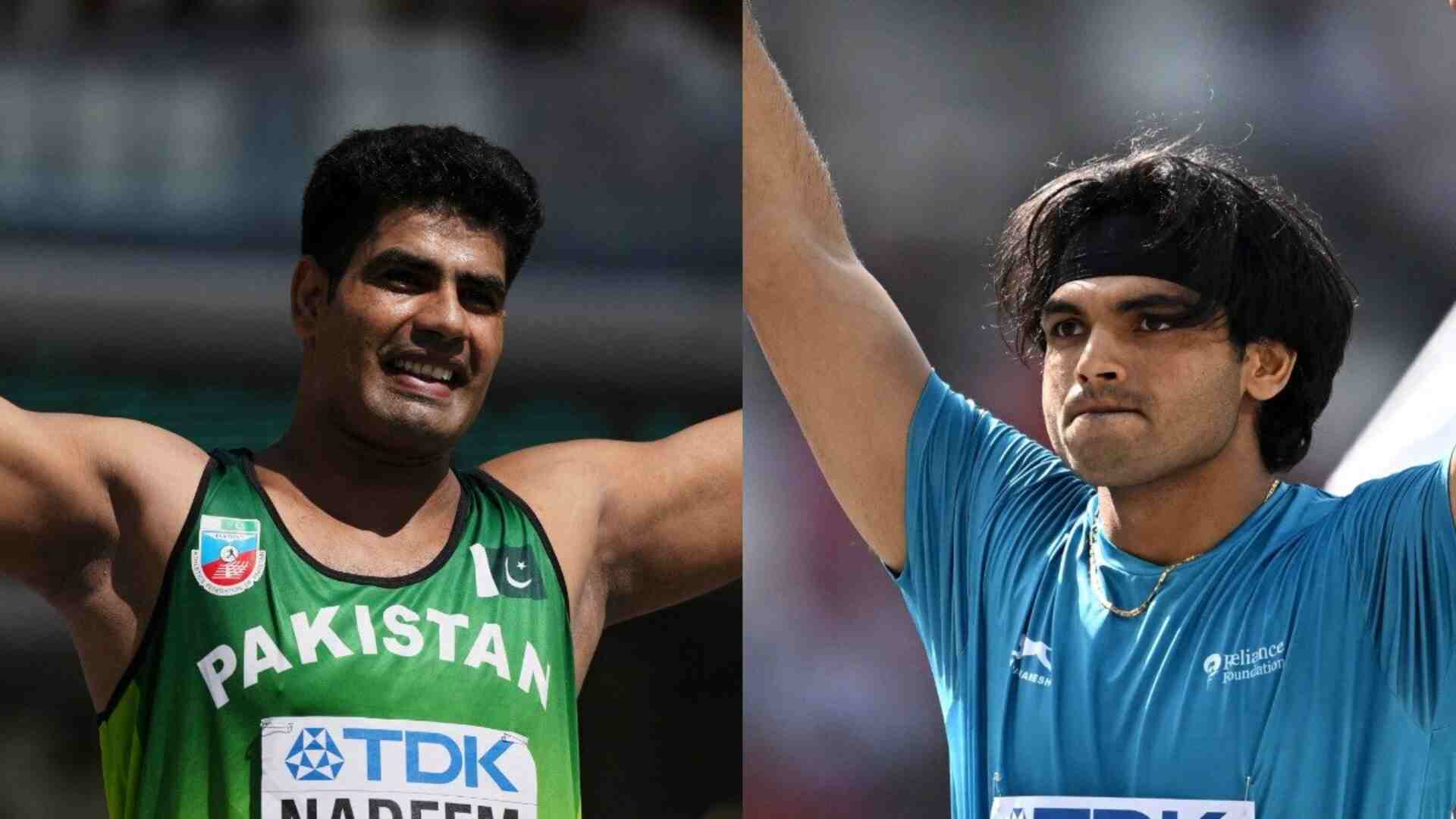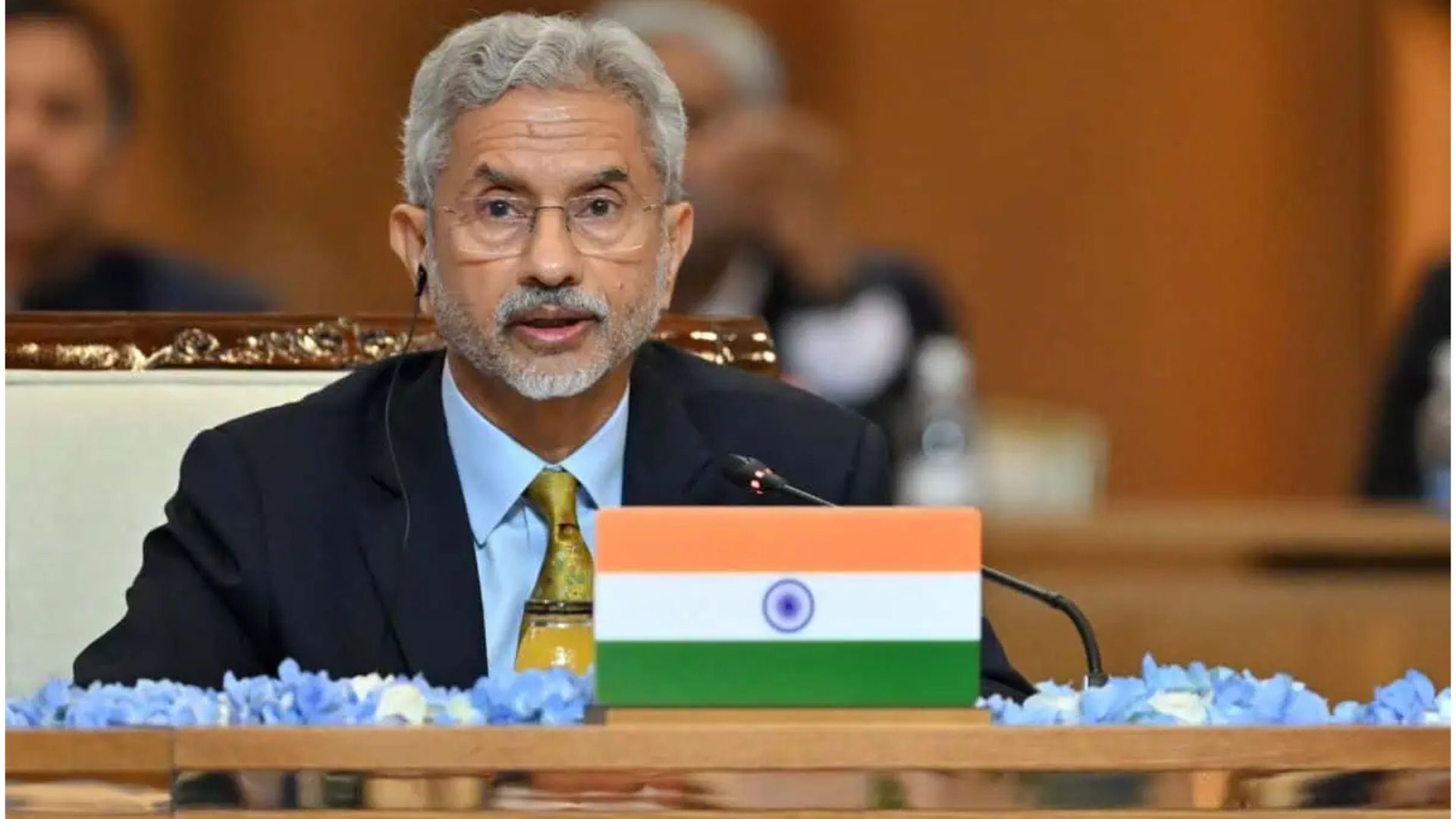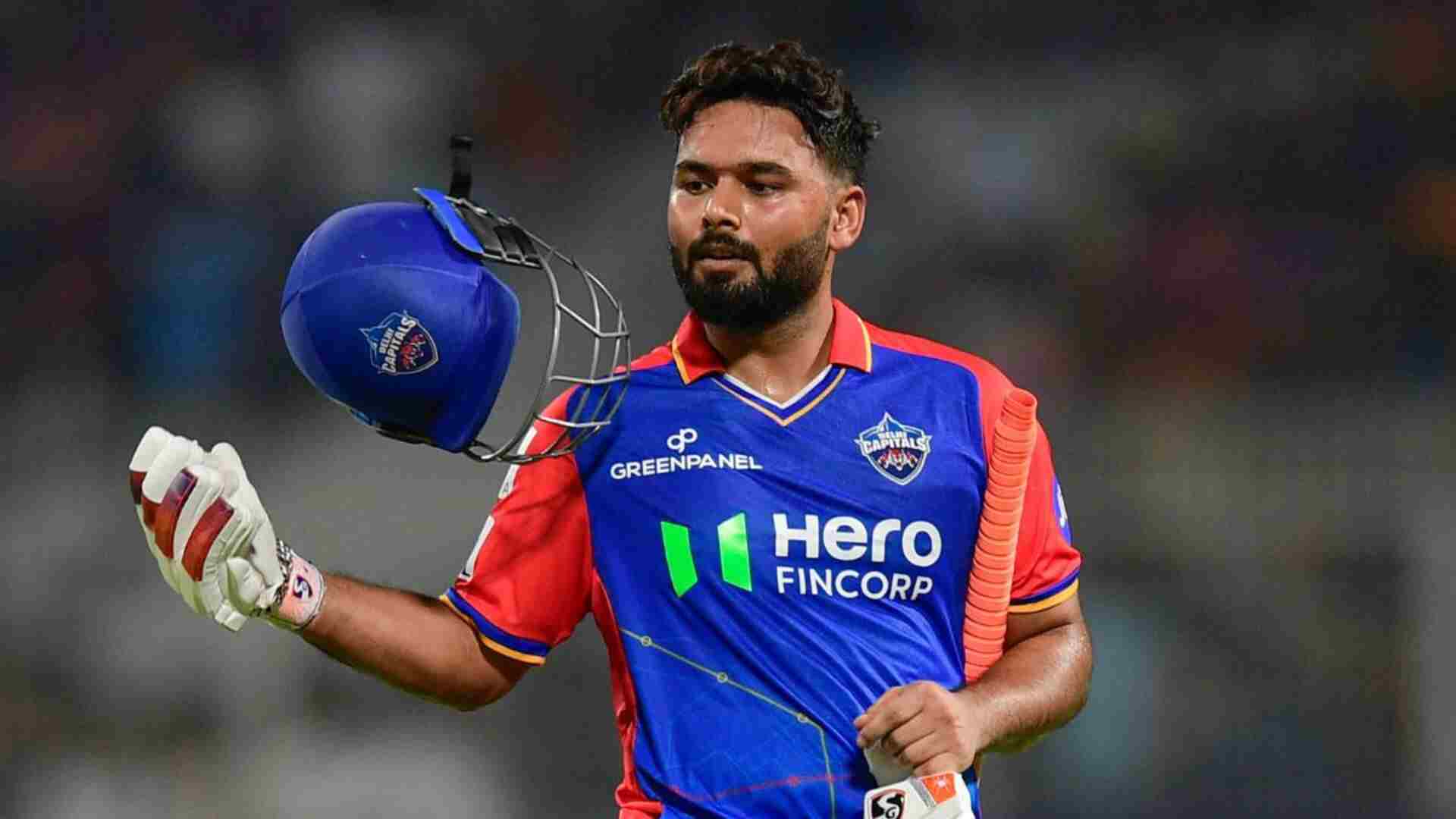In an unforgettable showdown at the Olympic Games in Paris, millions across two nations divided by a fraught border stayed up well past midnight, riveted by a javelin duel for the ages. The men’s javelin gold medal switched hands—and countries—with Pakistan’s unassuming Arshad Nadeem seizing the ultimate prize from India’s celebrated champion, Neeraj Chopra. Nadeem’s victory, marked by a series of powerful throws and a new Games record, was a testament to his skill and determination. Though Chopra was bested, he remained unbeaten in spirit.
As the two great rivals embraced moments after Nadeem’s final 91-meter throw, the sight was moving. They may represent nations with contrasting ideologies and frequent political clashes, but on that field, they were united by a deep bond of competitive spirit and mutual respect. The camaraderie between Nadeem and Chopra was evident, transcending mere professional respect. Their parallel careers have fostered a profound friendship, which, while surprising to some, is a natural extension of the shared experiences in high-stakes sports.
A common misconception about intense sports rivalries is that competitors must harbor some animosity. However, as seen in the iconic tennis rivalry between Roger Federer and Rafael Nadal, respect and friendship can flourish even among the fiercest competitors. Federer views Nadal as the younger brother he never had, while Nadal considers Federer a great friend, role model, and inspiration.
This transcending of geographical boundaries is also exemplified by the successful tennis partnership of Rohan Bopanna from India and Aisam-ul-Haq Qureshi from Pakistan. Dubbed the “Indo-Pak Express,” they were one of the most formidable doubles teams on the professional circuit, reaching the US Open final in 2010. Their success was rooted not only in their on-court synergy but also in their off-court friendship.
Cricket, too, has many tales of cross-border friendships, despite the infrequent encounters between Indian and Pakistani players in recent years. Babar Azam, for instance, looks up to Virat Kohli and takes every opportunity to learn from him, although the limited interactions make it challenging to build deep relationships.
Those familiar with India-Pakistan cricket history recall a time when, despite political tensions, the sport served as a bridge for peace and diplomacy. Javed Miandad, for example, was a notorious irritant on the field but a bundle of fun off it, often leaving Indian players in stitches with his antics.
The legendary Virender Sehwag was beloved by Pakistani players for his fearless approach to batting. During his iconic 309 in Multan in 2004, he famously bantered with Shoaib Akhtar, leading to laughter all around, even from Akhtar himself.
Acts of generosity across the border also abound. In 1989, when Mohammad Azharuddin was struggling with form, the great Zaheer Abbas offered him a small tip that revitalized his career. Decades later, Azhar returned the favor by advising Younis Khan, helping him overcome a lean patch in England with a double-century.
And who can forget the friendship between Ravi Shastri and Wasim Akram? They may have headlined the “Shaz & Waz” show on television, but their bond goes far deeper than the screen. As close as brothers, they personify the idea that friendship knows no borders.
















